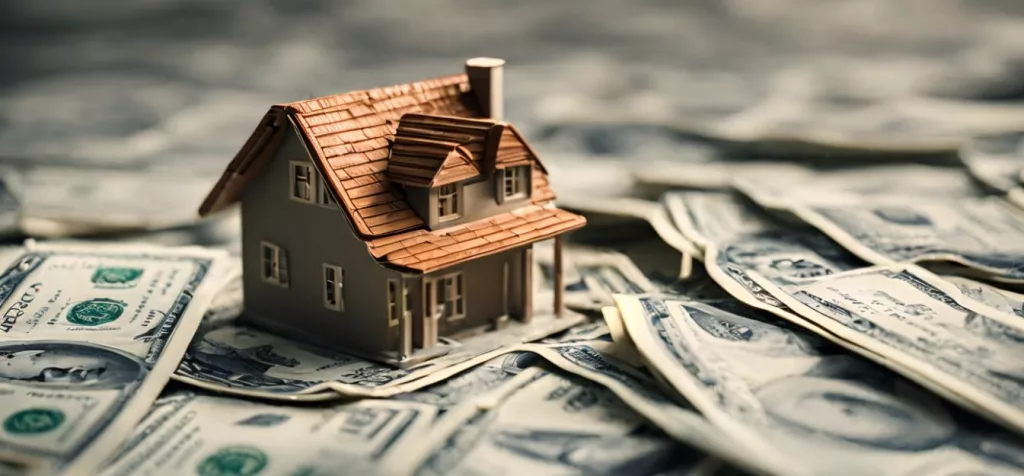How Much Money Should I Pay for My Home Loan Down Payment?

When you avail of a home loan, you have to make a certain payment upfront to secure the funds. Wondering how much you should pay for your home loan down payment? Our research suggests that ideally, you should pay 20% or more of your total mortgage price upfront before availing of a home loan. There are several benefits of making a lump sum down payment. Lending institutions would be more likely to offer you lower interest rates, better repayment options, and lower EMIs if you are able to make a high down payment.
How much money should you pay for your home loan down payment?
The ideal amount for a home loan down payment boils down to the cost of the home you are purchasing, your personal financial situation, the type of mortgage you are obtaining, and how much of the total cost you want to borrow from a bank. Ideally, you should fund at least 20% of the mortgage’s total cost to avoid racking up a huge home loan debt. However, it is often difficult to do so, especially for first-time home buyers. It is essential to plan your expenses and evaluate your future plans and financial goals before taking a home loan.How much of the loan amount can banks finance?
Banks use a metric to compare the asset’s value with the loan amount. This is also known as the loan-to-value (LTV) ratio. The higher the LTV ratio, the riskier the loan is to the lender. If the LTV ratio is too high and banks doubt the borrower’s capability to repay the loan, they may require them to purchase private mortgage insurance (PMI) to protect against the risk of default. As per the RBI guidelines, banks and NBFCs can offer up to 90% of the LTV, depending on the mortgage costs. For properties below INR 30 lakhs, 90% of the LTV is allowed. For properties above INR 30 lakhs to INR 75 lakhs, banks can finance almost 80% of the property’s costs. For properties that are above INR 75 lakhs, banks can fund up to 75% of the LTV ratio.Things to keep in mind before making a home loan down payment
Before making a lump sum home loan down payment, there are a couple of things to consider.- Budget: Determine how much you can afford as a down payment, based on your income and expenses. Do not exhaust all your funds, for you also need to pay for closing costs, moving expenses, and any other repairs that you may need to make in your new house.
- Interest rates: Make sure to evaluate the interest rate of the home loan you are signing up for. The higher the interest rate, the higher the amount you will be paying off.
- Down payment size: While making a large home loan down payment is beneficial and would likely lower your monthly mortgage settlements, do not go overboard and exhaust all your savings to make a higher down payment. Consider your expenses and financial obligations before coming to a decision.
How to finance your home loan down payment?
Saving for a home loan down payment may seem daunting, however, with these following steps, you can get on the right track and save up your desired amount.- Set a budget: Evaluate your monthly income and understand how much you can save in a month realistically. Keep putting away money to reach that number. Make sure to determine the amount that you need, so you can have a clear goal in mind.
- Open a high-yield savings account: Another way to raise funds for your home loan down payment is to open a separate high-yield savings account with competitive interest rates.
- Cut down on unnecessary spending: While retail therapy may feel good initially, it is going to severely deplete your savings in the long run. If you want to save up faster, you may want to cut back on dining out and entertainment expenses
- Automate your savings: Set up automatic alerts to shift money from your checking account to your savings account. This is especially helpful for those individuals who have trouble remembering to save money.
- Consider other funding sources: Saving for a down payment will take some time, so you must be patient. You can look into starting a side hustle, reaching out to friends or family, or taking up another job to speed things up.








